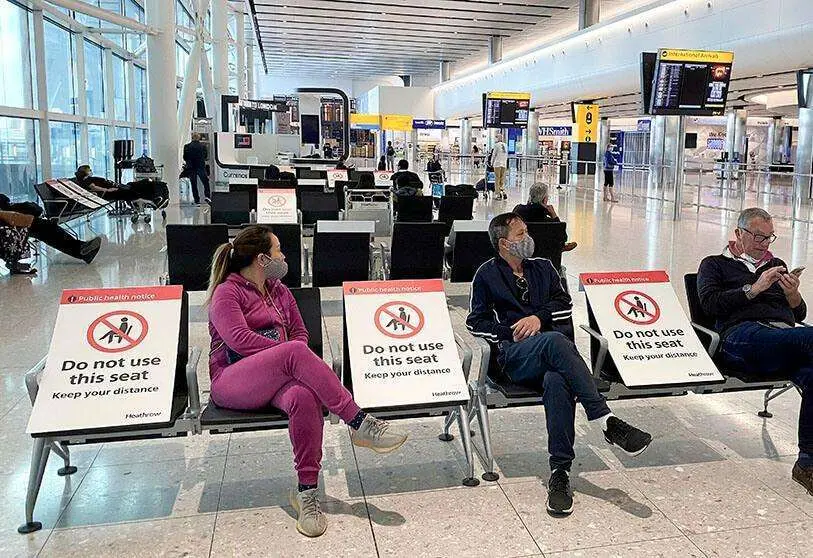The UK variant is now available in 70 countries and the South African variant in 31 countries

- Whether British is more lethal remains unconfirmed
The World Health Organisation (WHO) announced on Wednesday that the British variant of the coronavirus has spread to 70 countries, 10 more than on 19 January. On the other hand, the South African variant is in 31 countries, eight more than the previous week. These new variants, which make the virus more contagious, could make vaccine and antibody protection less effective.
This has raised serious concerns that the variants pose a higher risk of reinfection and could also hamper the effectiveness of the growing number of COVID-19 vaccines coming to market.
Both variants discovered last month have been spreading across territories and countries despite previous action by some governments. Such as a ban on flights from the UK and South Africa.
The Brazilian variant has raised similar concerns and the WHO has reported cases in six new countries, for a total of eight.
Worldwide, studies are underway to determine the reasons why the British variant is more contagious. However, it has not yet been confirmed whether it is more deadly or not.
British Prime Minister Boris Johnson announced on 22 January that the British variant appeared to be not only more contagious but also more lethal. But scientists have noted that there is limited data concluding that the British variant is 30-40% more lethal than the first coronavirus.

The UN agency said in its bulletin that "the results are preliminary and further analysis is needed to corroborate these findings", and the WHO remains cautious and has not mentioned that it may be more deadly.
"Further studies are needed to assess whether there are changes in transmissibility, severity or neutralising antibody activity as a result of these new variants," the WHO said.
It also said that if studies by US biotech firm Moderna indicated that its vaccine might be less effective against the variant, "neutralising titres remain above levels expected to be protective".
Due to various mutations, variations of the virus appear over time, in this case the three mentioned above. Different mutations have been observed in SARS-CoV-2 since its emergence, but the vast majority are inconsequential. However, some variants may give it an advantage in prolonging its existence, including increased transmissibility.









